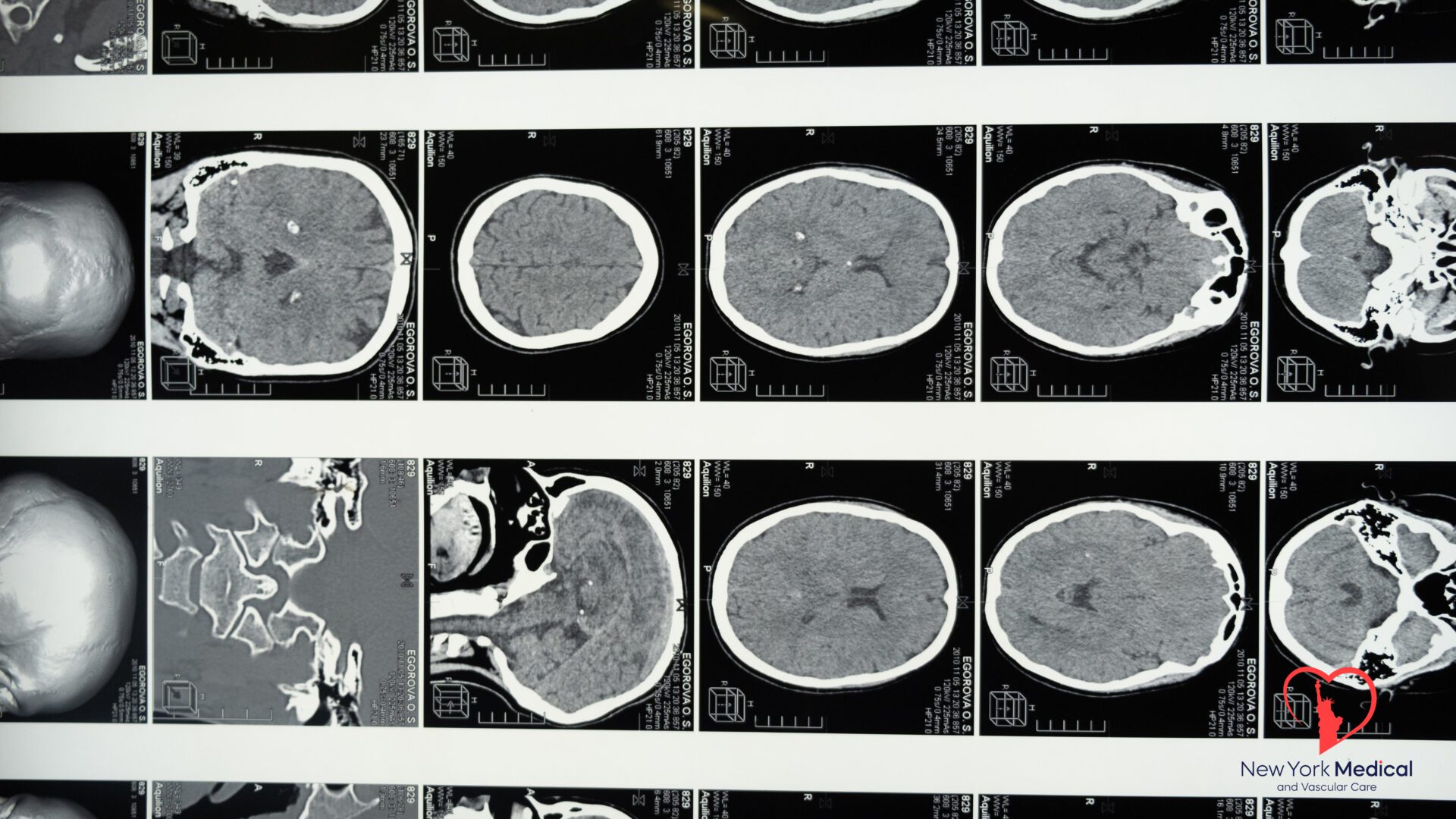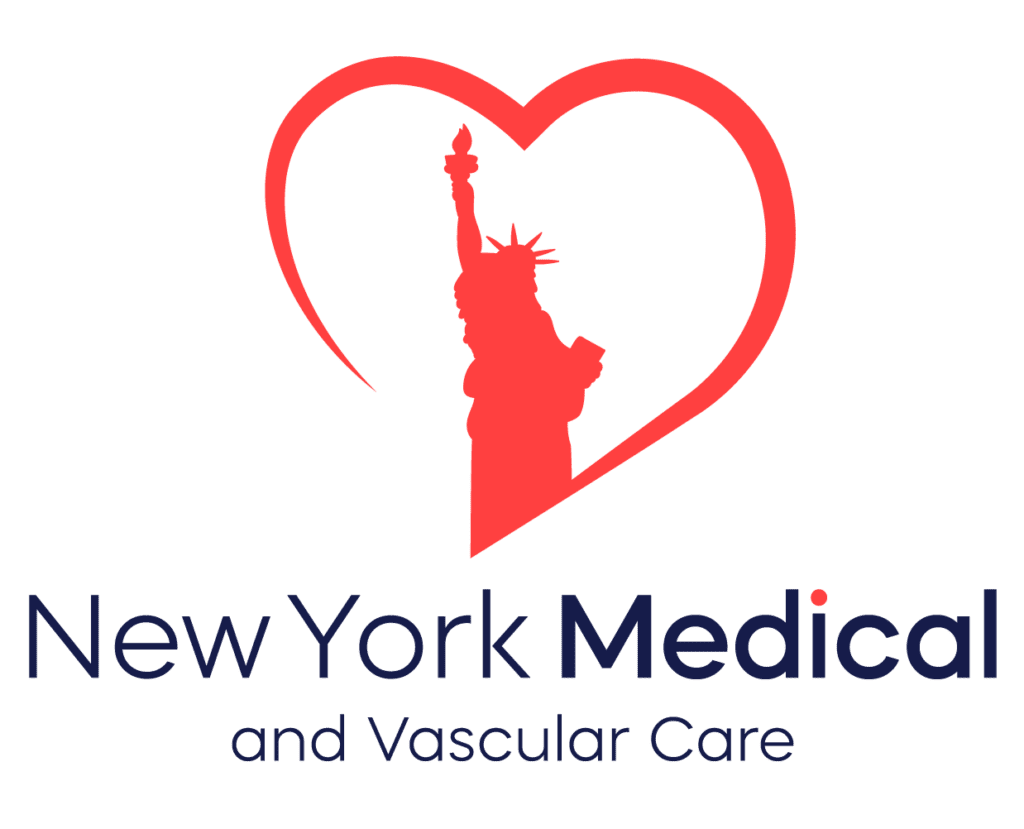Advancements in Stroke Prevention and Treatment: A Comprehensive Guide
At New York Medical Vascular Care, we are at the forefront of incorporating the latest advancements in stroke prevention and treatment into our patient care protocols. This blog post aims to provide an in-depth look into contemporary developments in this field and how they are shaping the way we approach stroke care.
Innovations in Stroke Prevention
Preventing strokes involves understanding and managing the risk factors effectively. With advancements in medical science, our approach to stroke prevention has become more sophisticated and personalized.
Advanced Imaging Techniques: Utilizing high-resolution MRI and CT scans allows for better visualization of cerebrovascular conditions, like arterial stenosis or aneurysms, which are precursors to strokes. These techniques enable early intervention.
Genetic Screening: Genetic testing helps identify individuals at increased risk of stroke. This allows for personalized preventive strategies, including tailored medication regimens.
Novel Anticoagulants and Antiplatelet Agents: The development of newer anticoagulants and antiplatelet medications provides better options for managing conditions like atrial fibrillation, a significant risk factor for stroke.
Lifestyle Modification Programs: Evidence-based programs focusing on diet, exercise, and smoking cessation are more refined and targeted, significantly reducing the risk of stroke.
Innovative Treatments for Stroke Patients
The treatment of strokes has seen remarkable advancements in recent years, improving outcomes for many patients.
Endovascular Thrombectomy: This minimally invasive procedure, used for ischemic strokes, involves the removal of a blood clot from the brain using a catheter. Recent advancements have extended the treatment window for thrombectomy, allowing more patients to benefit from this procedure.
Advances in Thrombolytic Therapy: The use of thrombolytic drugs like tissue plasminogen activator (tPA) has revolutionized acute ischemic stroke treatment. Ongoing research is focused on improving these drugs’ efficacy and expanding their therapeutic window.
Neuroprotective Agents: Research into neuroprotective drugs aims to protect the brain from damage caused by strokes. While still in the experimental stage, these agents have the potential to change stroke treatment significantly.
Rehabilitation Technologies: Post-stroke rehabilitation is crucial. Cutting-edge technologies, including robotic therapy and virtual reality, are being used to improve motor skills and cognitive functions in stroke survivors.
Telemedicine and Stroke Care: Telemedicine has enabled rapid stroke assessment and management, particularly in rural or underserved areas. This technology ensures that more patients receive timely and effective stroke care.
Our Comprehensive Stroke Care Approach
At New York Medical Vascular Care, we integrate these advancements into a comprehensive care plan tailored to each patient’s needs. Our multidisciplinary team of neurologists, cardiologists, radiologists, and rehabilitation therapists work together to provide the most effective stroke prevention strategies and treatments.
Understanding and implementing the latest developments in stroke prevention and treatment is a cornerstone of our practice at New York Medical Vascular Care. We are dedicated to providing our patients with the most advanced care available, from preventive strategies to acute treatment and rehabilitation. If you or a loved one is seeking expert care in stroke prevention or treatment, we invite you to contact us and learn more about how these advancements can benefit you. Together, we are committed to reducing the impact of strokes and improving the quality of life for our patients.
Written by Dapralab


